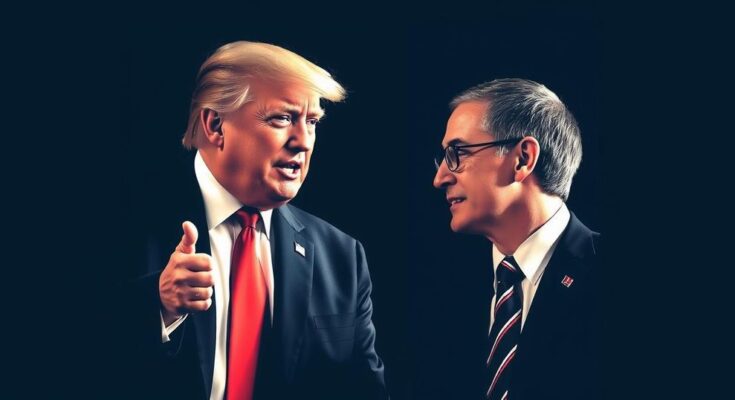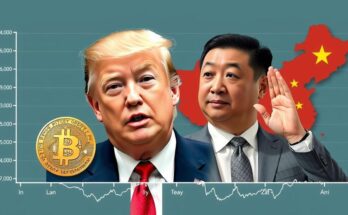The United States has significantly fallen behind in technology since the end of the 20th century, particularly to China, which dominates 37 out of 44 critical fields. A shift in American innovation policy, aimed at empowering startups and small businesses under the leadership of Donald Trump and JD Vance, could reinvigorate the U.S. economy, drive job creation, and restore the nation’s competitive edge in global technology. Addressing regulatory challenges and fostering innovation through supportive policies are essential steps towards achieving these goals.
The United States once held undeniable leadership in technology at the close of the 20th century, but has since lost ground, particularly to China, which now excels in crucial technologies like artificial intelligence and biotechnology. To revitalize America’s innovation landscape and safeguard national security, a strategic shift under Donald Trump and JD Vance could prove vital. Their approach would leverage the entrepreneurial potential of startups and small businesses, which are pivotal to significant advancements and economic growth.
Under the current administration, emerging technologies such as blockchain and artificial intelligence have faced severe regulatory obstacles, with the Biden-Harris administration openly opposing innovation. This has led to a noticeable decline in patent issuance to American inventors, with foreign entities now obtaining more patents than domestic ones. Additionally, the U.S. has seen a decrease in its manufacturing capacity, producing a mere ten percent of global semiconductor supply despite being the originator of silicon technology.
It is crucial that America restores its competitive edge by focusing on empowering small businesses, which generate nearly half of U.S. jobs and more than two-thirds of net new jobs since 1995. A Trump administration would emphasize policies that invigorate these vital sectors. The proposed policies include a renewed commitment to innovation through reducing excessive regulations, supporting blockchain advancements, and fostering the growth of small businesses across all states.
JD Vance’s understanding of the challenges startups face, combined with his efforts to promote venture capital beyond traditional hubs, indicates a forward-thinking approach to broadening America’s innovation base. By advocating for the Small Business Administration to champion small enterprises and streamlining patent processes, a Trump-led initiative could rejuvenate the nation’s innovation ecosystem.
Historically, American inventors have thrived when given support; this was evident during the founding of the country when innovation was central to national identity. By fostering an environment conducive to entrepreneurship and protecting intellectual property, America can regain its status as a global leader in technology and innovation. The message is clear: a return to competitive policies is essential for maintaining the United States’ technological prominence in the 21st century.
At the end of the 20th century, the United States was renowned as the world’s leading technological innovator. However, as we navigate through the 21st century, this status has declined significantly, particularly in key technological areas. China has emerged as a formidable competitor, leading in 37 out of 44 critical technologies essential for future prosperity and security. The need for a robust American innovation policy that supports startups and small businesses has become increasingly apparent as the country grapples with the adverse effects of current legislative and regulatory environments.
To re-establish itself as a technological leader, the United States must focus on fostering innovation and supporting small businesses. The leadership of Donald Trump and JD Vance, with a clear emphasis on empowering local entrepreneurs and reducing regulatory burdens, appears vital. By prioritizing a strategic approach that includes the revitalization of the Small Business Administration and an active support of American patents and innovations, the country can reverse current detrimental trends and bolster its position on the global stage.
Original Source: fortune.com




